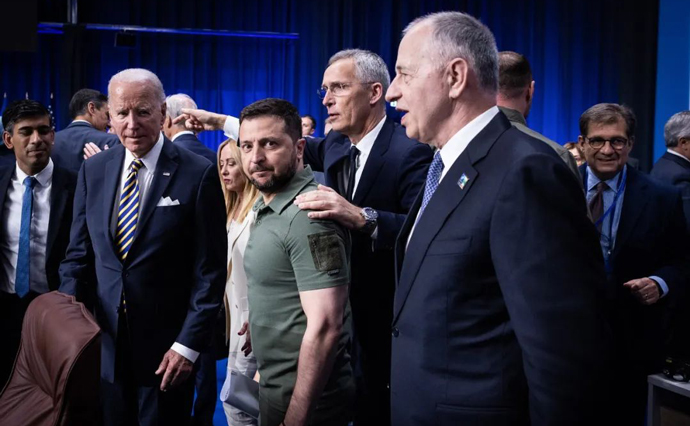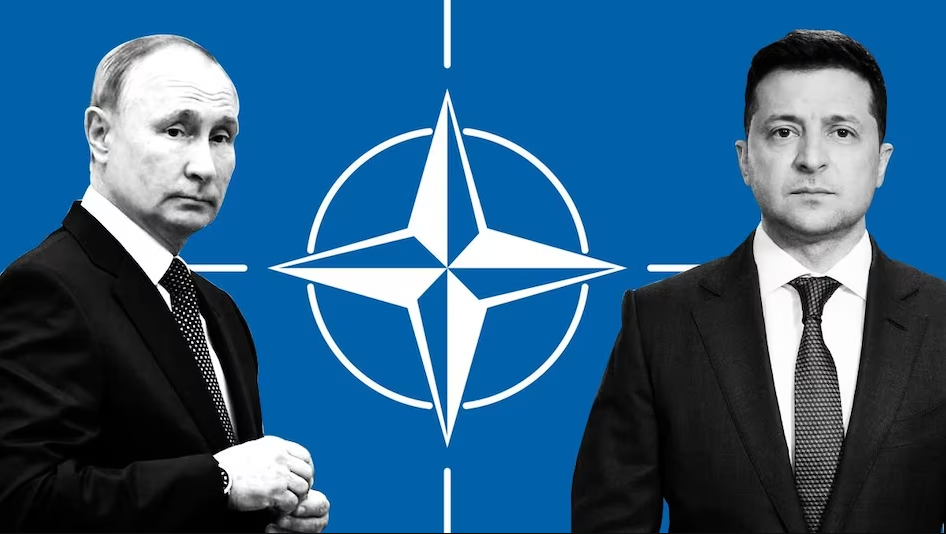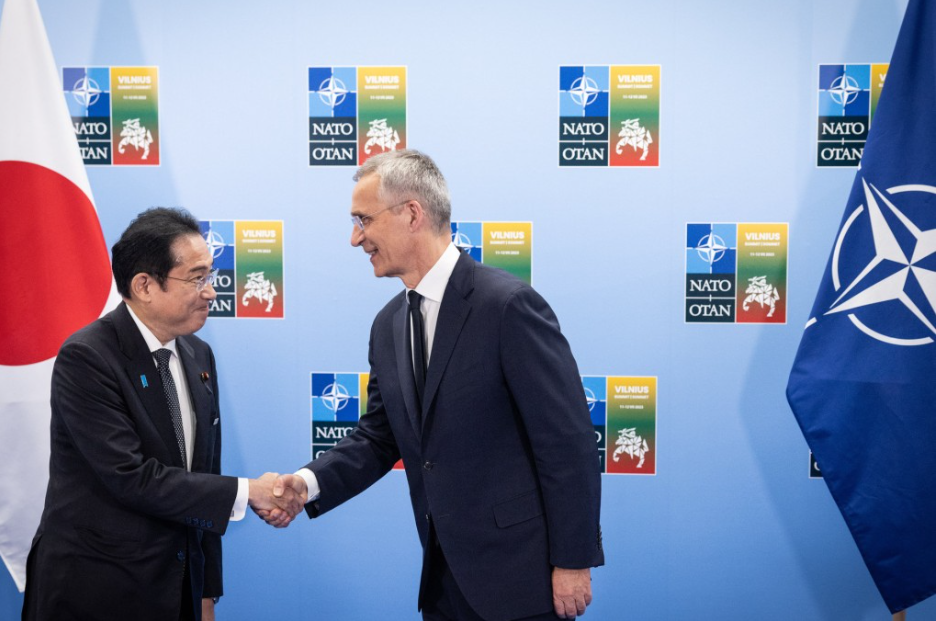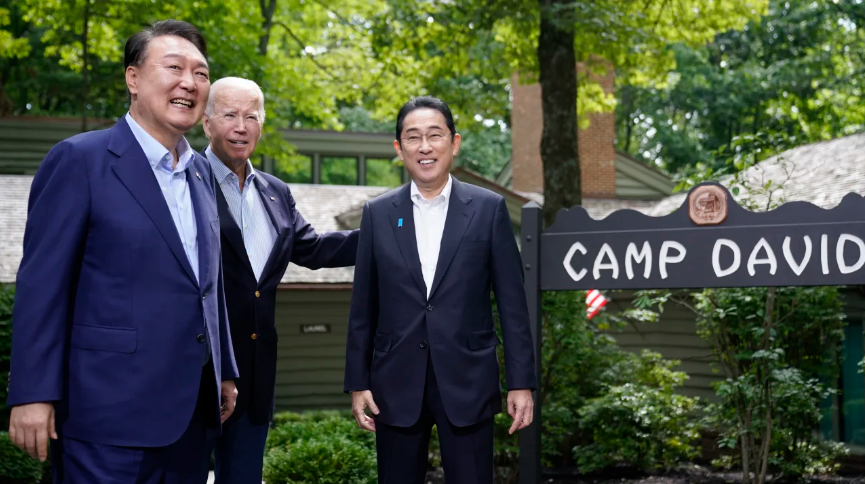Luo Liang, Assistant Research Fellow, National Institute for South China Sea Studies
Apr 30, 2024
The United States talks the talk but fails to walk the walk. It is angling to create a mini NATO parallel organization in the Asia-Pacific region by enlisting the Philippines and Japan. Its Cold War thinking only creates conflict and confrontation — hyping security threats and sabotaging peace and stability.
Zhang Yun, Professor, School of International Relations, Nanjing University
Apr 30, 2024
Talking, even through hard times, is not only necessary but also meaningful, because the audience is wider than just the two participants. People are listening at the bilateral, regional and global levels.
Jade Wong, Senior Fellow, Gordon & Leon Institute
Apr 19, 2024
The French president has no intention of rushing troops into Ukraine without first getting his country’s allies to buy in. However, his rhetoric has be alarming, leading to serious discussions about escalation. It’s a very dangerous development.
Xiao Bin, Deputy Secretary-general, Center for Shanghai Cooperation Organization Studies, Chinese Association of Social Sciences
Apr 19, 2024
If Donald Trump returns to the White House next year, it might represent a turnaround for Russia. Although President Vladimir Putin has said that Russia would prefer Joe Biden, he also cannot fail to see an opportunity in Trump to continue his quest to restore Russian dominance, starting with Ukraine.
Xiao Bin, Deputy Secretary-general, Center for Shanghai Cooperation Organization Studies, Chinese Association of Social Sciences
Mar 22, 2024
As more relatively weak countries find themselves unable to stay out of the war, China must walk a careful path. It must avoid and mitigate risks, safeguard its national interests and put Ukraine on the road to peace at an early date. To this end, it needs a more flexible and pragmatic strategy.

Cui Hongjian, Director of the Department for European Studies, China Institute of International Studies
Mar 12, 2024
With Vladimir Putin hinting at the possible use of nuclear weapons and Europe responding more aggressively, the prospect of victory seems to be tilting away from Ukraine. China’s diplomatic maneuvering for peace should set an example for the international community.

Fan Gaoyue, Guest Professor at Sichuan University, Former Chief Specialist at PLA Academy of Military Science
Feb 22, 2024
NATO appears to be preparing to send troops to Ukraine, as the alliance believes it must defeat Russia at all costs. If it does intervene, it will create two major risks that could pull the world into an abyss: A conventional war could become a nuclear war, and a local war could become a world war.
Zhong Yin, Research Professor, Research Institute of Global Chinese and Area Studies, Beijing Language and Culture University
Feb 20, 2024
America’s actions that are directly detrimental to China’s interests render China’s cooperation in some regions irrelevant. The good news is that China and the U.S. have agreed to strengthen cooperation. But to ensure concrete results, the U.S. needs to do more.

Sebastian Contin Trillo-Figueroa, Geopolitics Analyst in EU-Asia Relations and AsiaGlobal Fellow, The University of Hong Kong
Sep 29, 2023
Since the end of World War II, the West’s hegemonic power has been synonymous with the NATO alliance. Decades later, the scope of NATO’s cause has expanded far beyond the “North Atlantic,” and is now locking horns with an ascendant China.

Li Yan, Director of President's Office, China Institutes of Contemporary International Relations
Sep 05, 2023
The deepening trilateral collaboration of the United States, Japan and the Republic of Korea is undermining stability on the Korean Peninsula, and recent provocative actions, will only serve to escalate tensions further. In addition, harsh rhetoric erodes the fragile trust of nations and could result in a generalized sense of insecurity.
Back to Top

- China-US Focus builds trust and understanding between the U.S. and China through open dialogue among thought leaders.
- Our Offerings
- Topics
- Videos
- Podcasts
- Columnists
- Research Reports
- Focus Digest
- Stay Connected
-
Thanks for signing up!
- Get the latest stories from China-US Focus weekly.